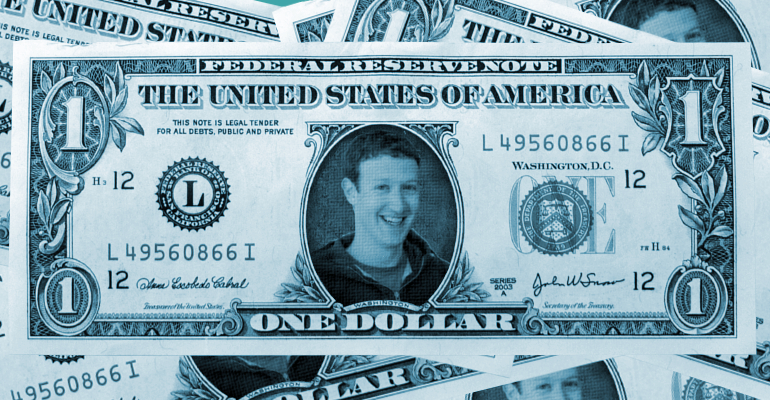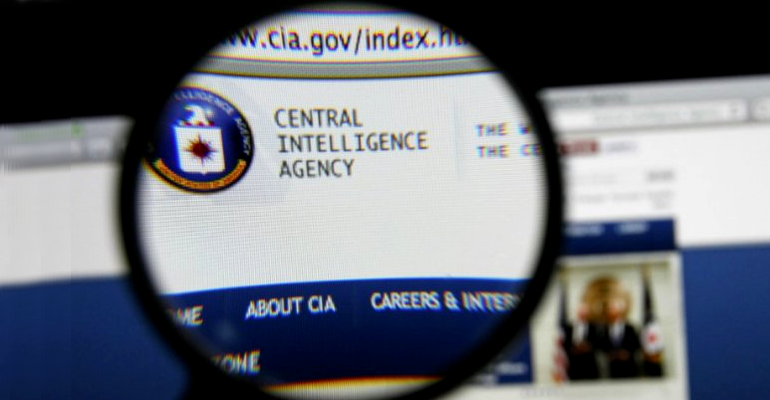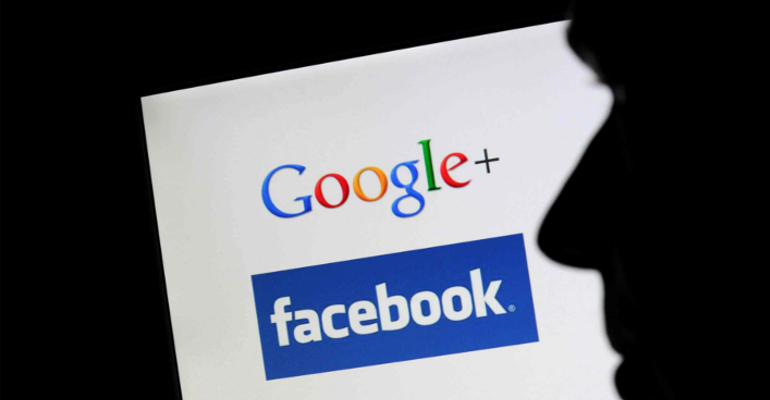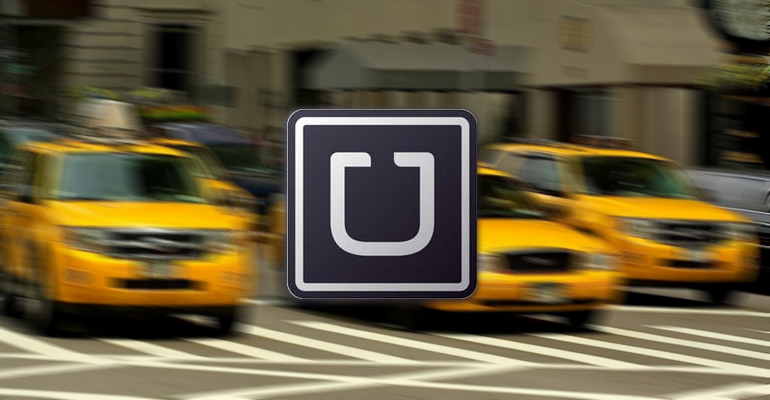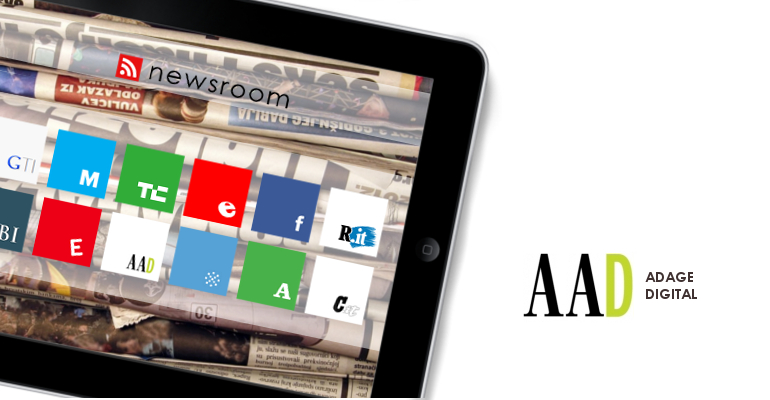The example of a few American banks with useful suggestions, innovative language, exclusive contents and community interests
During a delicate moment for most of the world economy, businesses and institutions are having to face new challenges in terms of transparency and accountability. Social media, however, offer opportunities for communication with society which is becoming more accustomed to direct contact, as opposed to institutional relationships.
As discussed in a recent article by Mashable (), some U.S. banks have begun to use less structured dialogues, offering tips, non-core information spaces, and themes of solidarity. If browsing a bank website is like going to the information counter to ask a question, the Facebook page is like having a coffee with one of the bank’s employees.
JP Morgan provides tips for those interested in applying for open positions, for example, which sections to refer to on the website, the industrial areas of interest, or the terminology used, depending on the job interview.
Citi, on the other hand, initiates discussions by asking questions, in their status, on issues that are not related to business activities, (“Rio de Janeiro will host the World Cup finals in 2014, has your city ever been the focus of a major sporting event?”) and offers exclusive content, such as a video of Beyoncé.
Another example is HSBC, which held a contest carried out only on the company Facebook page. The contest was dedicated to its target students. Young people could submit a 90 second video on how they would leave their mark in the world, which was then voted by users. The winners were awarded with 15 thousand pounds to go towards their university costs. The idea was not revolutionary, but the videos received 3 thousand comments and 40 thousand votes, and had a positive impact on the brand.
The Bank of America uses Facebook to promote its solidarity projects, highlighting the local rather than the more prestigious projects. One interesting example of this is a status that asks what could be the issues for a course dedicated to the reintegration of people who have lost their jobs.
Wells Fargo uses language in an impressive way, dedicating a post to the last sign of Wachovia removed and replaced with that of Wells Fargo following the integration between the two banks. The status attacks with a “Hey people!” and continues with a “hurray”. An operation that lasted three years, throughout 21 U.S. states, which many companies would have re-launched with a traditional press release (example: “The integration process has been concluded today…”), instead became a festive Facebook status.
Daily language, exclusivity and information on services: are the key words for any company that intends to go beyond following the current social media.



